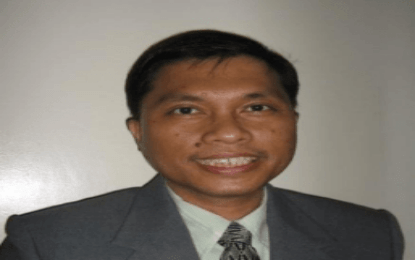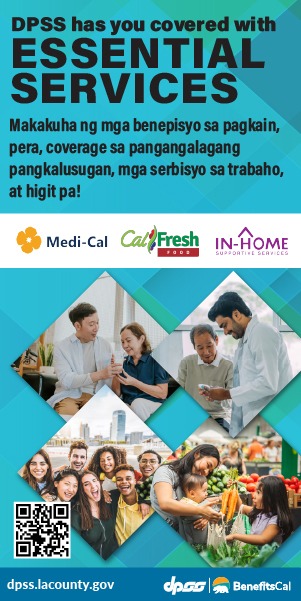ESPRESSO MORNINGS
By Joe Zaldarriaga

Under his guidance, Meralco achieved unprecedented milestones, clinching a historic 3-peat Company of the Year title at the IABC Philippine Quill Awards, scoring the only PR Team of the Year trophy bestowed at the Anvil Awards, and securing numerous honors at international and local communication awards.
Manong Joe’s leadership also extends as a respected member of the Board of Trustees for the Public Relations Society of the Philippines (PRSP), concurrent with his role as Chairman of the International Association of Business Communicators Philippines (IABC Philippines) where he also served as its President.
Manong Joe is a distinguished awardee of the medallion of honor and scroll of commendation from the University of Manila, owing to his years in public service as a communications professional. He shares his insights through columns in renowned publications, including The Philippine Star’s The Z Factor, and Philippine News Agency’s ESPRESSO MORNINGS.
Rainy season in the Philippines has begun, and for many Filipinos, this time of the year brings a familiar feeling of worry and uncertainty. With climate change intensifying weather patterns, the risks we face today have become more unpredictable and more destructive than before.
Over the weekend, we saw another preview of the worsening impact of climate change. What used to be ordinary downpours now cause widespread flooding, stranding vehicles and forcing families in some areas to leave their homes.
This isn’t the exception anymore. It’s becoming the new normal.
With the Philippines being battered by an average of 20 typhoons each year, coupled with unpredictable weather patterns, complacency is no longer an option. Last weekend was a wake-up call: the time to prepare is now, before we bear the brunt of powerful storms.
Nowadays, preparing for the rainy season has become (or if not yet, should be) an essential part of our lives. And we’re not just talking about bringing an umbrella when going out of the house or stocking up on canned goods. It’s about preparing our homes—inspecting roofs for leaks, clearing out gutters, and securing lightweight materials that can be blown away by strong winds. At Meralco, we always remind customers to practice electrical safety. This is critical, especially during the rainy season—one faulty outlet during flooding can spell the difference between life and death.
Beyond preparing our homes, equally important as well is protecting our health. Historically, the rainy season is associated with spikes in illnesses associated with the cold weather and damp conditions such as influenza, pneumonia, and dengue. This underscores the importance of getting vaccinated, especially for the elderly and those with weakened immune systems, and maintaining a basic medicine supply at home. Ensuring clean drinking water and removing potential mosquito breeding sites can do a lot for one’s health and well-being this season.
Rainy season preparedness goes beyond the household level. The national government and local government units (LGUs) both play critical roles in preparing communities through disaster preparedness, public information drives, and medical missions to prevent the spread of diseases, particularly water-borne ones.
The national government bears the responsibility of leading our country’s preparations for the rainy season and ensuring that local government units (LGUs) are well-equipped to respond to the needs of communities. This includes ensuring timely and seamless coordination among critical agencies like the Philippine Atmospheric Geophysical Astronomical Services Administration (PAGASA), National Disaster Risk Reduction and Management Council (NDRRMC), and the Department of Social Welfare and Development (DSWD), and LGUs.
To ensure readiness this rainy season, President Ferdinand R. Marcos Jr.’s administration is implementing the Buong Bansa Handa (BBH) program, particularly in areas prone to storms and flooding. The program aims to synergize government and private sector resources for better disaster preparedness and response.
On the part of LGUs, one of the most immediate ways they can help is by conducting clean-up drives in flood-prone areas to avoid trash buildup and to clear drainage systems of clogs. LGUs should also prepare evacuation centers, pre-position rescue equipment and emergency supplies, and revisit coordination protocols with barangays to ensure timely weather updates and evacuation notices during typhoons.
Offering health services like flu vaccination and information programs on how to prevent common diseases during the rainy season such as dengue also help protect communities particularly vulnerable populations such as the children and the elderly.
Beyond physical preparation, a strong public awareness campaign is essential to strengthen community readiness against the impact of heavy rains and strong winds. People need to know what to do in case of flooding, when and where to evacuate, and who to contact in case of emergencies.
We cannot control the weather but if we work together to improve our readiness as a country, we can weather the challenges this rainy season.





